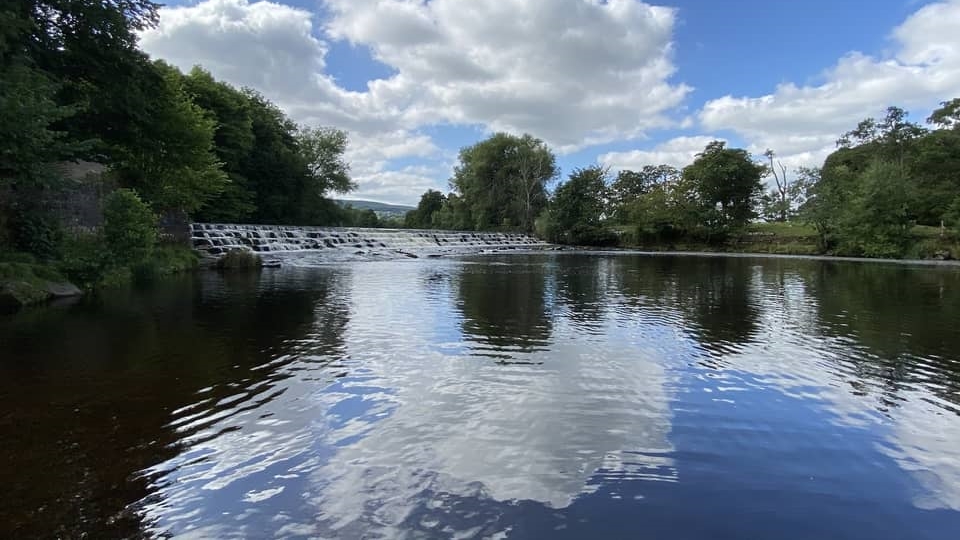Yorkshire Water will invest up to £13m in its wastewater network and treatment works, upstream of a stretch of the River Wharfe at Ilkley designated as an inland bathing water, to help improve water quality.
The utility company has called on other stakeholders to take steps to tackle additional sources of pollution. The announcement comes as the UK’s first inland bathing water at Ilkley was rated ‘poor’ by the Environment Agency.
In the year since the bathing water designation, Yorkshire Water has been modelling the catchment around Ilkley to understand the factors influencing water quality.
The modelling has indicated during periods of dry weather the main contributors to background bacteria were from agricultural operations, local domestic waste patterns, misconnections, and treatment works at Beamsley, Draughton and Grassington.
Further modelling will be taking place in the future to increase available data and improve the understanding of all factors influencing water quality in the river.
Yorkshire Water is committing up to £13m investment in a range of measures that aim to improve the Wharfe upstream of the bathing water. Enhanced disinfection measures will be applied to the final effluent returned to the environment at Grassington, Draughton and Beamsley treatment works, much like the measures taken on the coast, to reduce the impact on water quality.
Work will also be carried out to investigate misconnections in the catchment and a scheme to reroute the sewer network in some areas of Ilkley will be carried out to reduce discharges from storm overflows. A project is already underway to upgrade Rivadale CSO as part of this investment.
Ben Roche, director of wastewater at Yorkshire Water, said: “We’re keen to play our part in improving water quality in the River Wharfe following the first Environment Agency classification of the inland bathing water at Ilkley. Our modelling indicates acting upstream of the bathing water, at our treatment works at Grassington, Draughton and Beamsley, will deliver the greatest benefit in terms of improving water quality via our assets. We are also assessing the pumping station at Addingham and considering green and sustainable solutions.
“We have outlined up to £13m investment in our network that will help to reduce discharges into the river during prolonged spells of rain and reduce the impact of treated effluent being returned to the environment. This funding is over and above existing investment plans for the current five-year period.
“While our investment will help improve water quality, it alone will not guarantee an improvement in bathing water status. Our modelling indicates pollution is entering the watercourses from a variety of sources, including misconnections and agricultural land which the river and its tributaries run through. It is important other landowners and stakeholders take action to ensure water quality is improved in the future, with the ultimate aim of improving the bathing water classification.”
Work is already ongoing, in collaboration with Bradford Council and the Environment Agency, to reduce infiltration of surface water into the sewer network from Ilkley Tarn. A smart wastewater network pilot for Ilkley will begin this year to trial using smart monitoring, analytics and control solutions to understand the sewer network from homes to treatment works and, once treated, discharges back into the environment.
It is hoped the pilot will offer real-time, end-to-end management and control of wastewater assets, reducing intermittent discharges from CSOs and sewer flooding, identifying areas for further investment and improving energy efficiency to reduce carbon emissions.
Yorkshire Water has also assisted with the iWharfe project, a citizen science initiative conducted by the Ilkley Clean River Group, Yorkshire Dales Rivers Trust and Addingham Environment Group. One of its conclusions was in tributary becks from Bolton Abbey to Ilkley there are occasions during the bathing water season when weather patterns and riverflow behaviour can combine to generate faecal bacteria concentrations in the main river that are unsafe for bathing, independently of discharges from sewage treatment works and combined sewer overflows.



